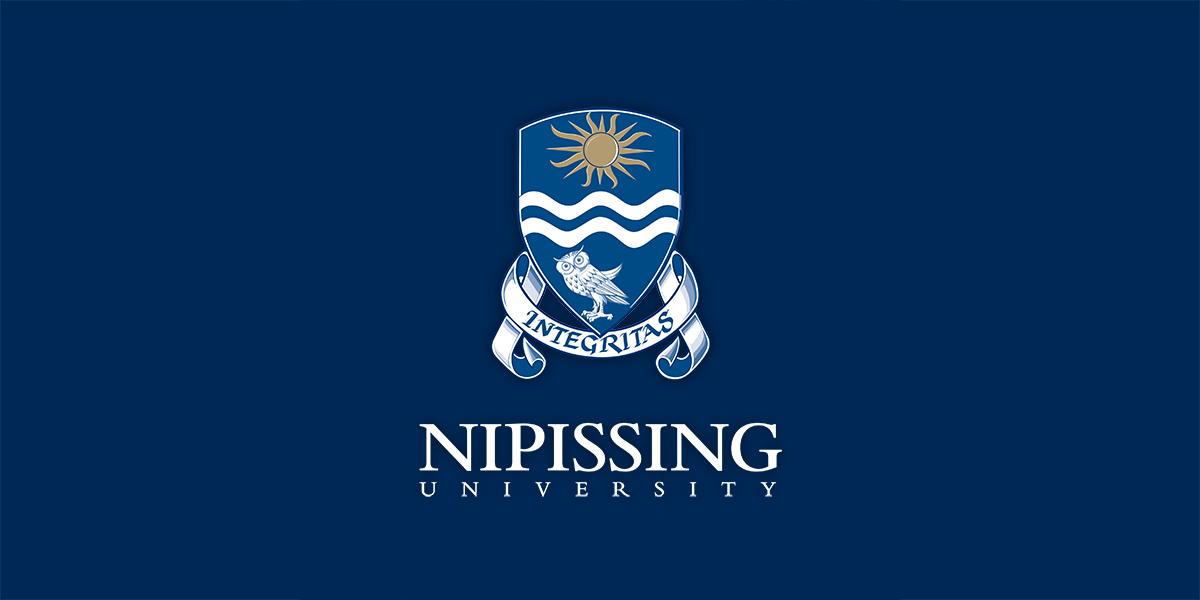Letter to the community regarding the Kamloops residential school burial site

The recent news about the discovery of a mass grave of 215 children in Tk’emlúps te Secwépemc near Kamloops, British Columbia, is deeply disturbing and a sobering reminder of these truths and devastating chapter in our nation’s not-so-distant shared history. We send our deepest condolences to the Tk’emlúps te Secwépemc First Nation for this tragic loss of the children and their families.
As an institution, Nipissing University understands the importance of our shared partnership with communities across Northern Ontario; communities that are affected by the devastation of residential schools on families, culture and shared histories. The land on which our campus sits is the territory of Nipissing First Nation and the territory of the Anishnabek. As such, we recognize our responsibility to educate about this shared history, truth and injustice and stand in solidarity with our Indigenous friends, colleagues, students and partners. We also encourage staff, faculty, students and alumni to continue to strive towards reconciliation and renew our shared commitment to the Truth and Reconciliation Commission’s Calls to Action.
The Truth and Reconciliation Commission of Canada (TRC) was established to listen to Survivors, their families, communities and others affected by the residential school system and educate Canadians about their experiences. In 2015, the TRC issued a summary report that included a series of Calls to Action to honour the lives lost and acknowledge the courage of survivors. As we mourn together, Nipissing University encourages all students, faculty, staff and alumni to review the Calls to Action and undertake a personal commitment to reconciliation.
I encourage all of us to pause and reflect on those lives lost and consider wearing an orange shirt this week as a sign of support for our Indigenous friends, colleagues, students and alumni.
We understand this news can be deeply upsetting, and our community members may feel the need to gather or seek resources for additional support.
For those needing support:
- A Sharing circle is being planned and more details will be shared once confirmed
- Residential Schools Resolution Health Support Program – Emotional, cultural and professional support services are available to survivors and their families
- For Staff and Faculty – The Employee Assistance Program through Aspiria is available. For more information, please visit: Aspiria (Employee Assistance Program)
- For Students – Students can access support from Student Counselling Services and through the Dibaadan Counsellor. If you require crisis support, please contact the North Bay Regional Health Centre Crisis Intervention Team at 1-800-352-1141 or the Good2Talk helpline at 1-866-925-5454.
Sincerely,
Cheryl Sutton
President and Vice-Chancellor (Interim)
